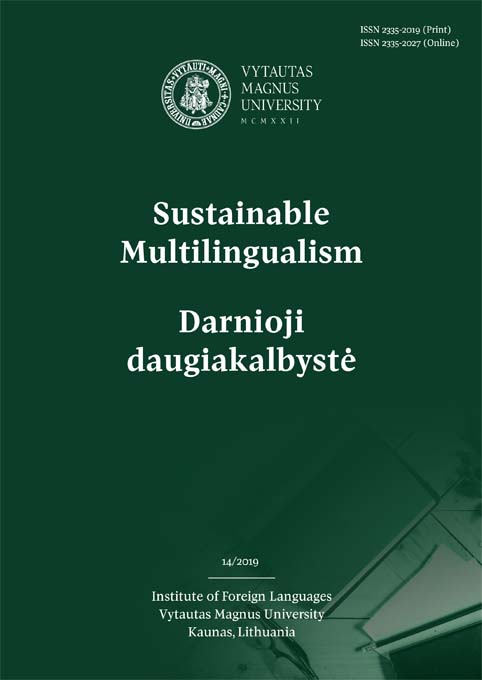Why do adults decide to learn a minority language? A study of the motivation(s) of potential new speakers of West Frisian
Why do adults decide to learn a minority language? A study of the motivation(s) of potential new speakers of West Frisian
Author(s): Guillem Belmar, Cindy Van Boven, Sara PinhoSubject(s): Language studies, Foreign languages learning, Applied Linguistics, Ethnic Minorities Studies
Published by: Vytauto Didžiojo Universitetas
Keywords: new speakers; minority language; motivation; language learning; language revitalisation; West Frisian;
Summary/Abstract: This study focuses on the motivation of adults learning a minority language, based on a tripartite model: integrative and instrumental (Gardner & Lambert, 1959; 1972) and personal (see Benson, 1991) motivation. Adults learning a minority language are potential new speakers, a group that has been described as central to language revitalisation (see Pujolar & O’Rourke, 2018). Since the motivation to learn these languages does not seem to be linked to economic success or wider job opportunities, researchers have taken interest in knowing what drives people to learn a minority language (e.g., O’Rourke & DePalma, 2016). In this study, (potential) new speaker motivations were investigated by means of ten open-ended interviews with adult learners of West Frisian—a minority language spoken in the Netherlands—in two different settings: Afûk Frisian courses (a more traditional learning setting) and Bernlef Frisian courses (a student association that offers informal courses for their members). The results show a predominance of integrative and personal motivation (also found in O’Rourke & DePalma, 2016), but not exclusively (as suggested by Jaffe, 2015) since the language appears to be tightly linked to the province and it is deemed beneficial—to a certain extent—for socioeconomic success in the province.
Journal: Darnioji daugiakalbystė
- Issue Year: 2019
- Issue No: 14
- Page Range: 138-159
- Page Count: 22
- Language: English

